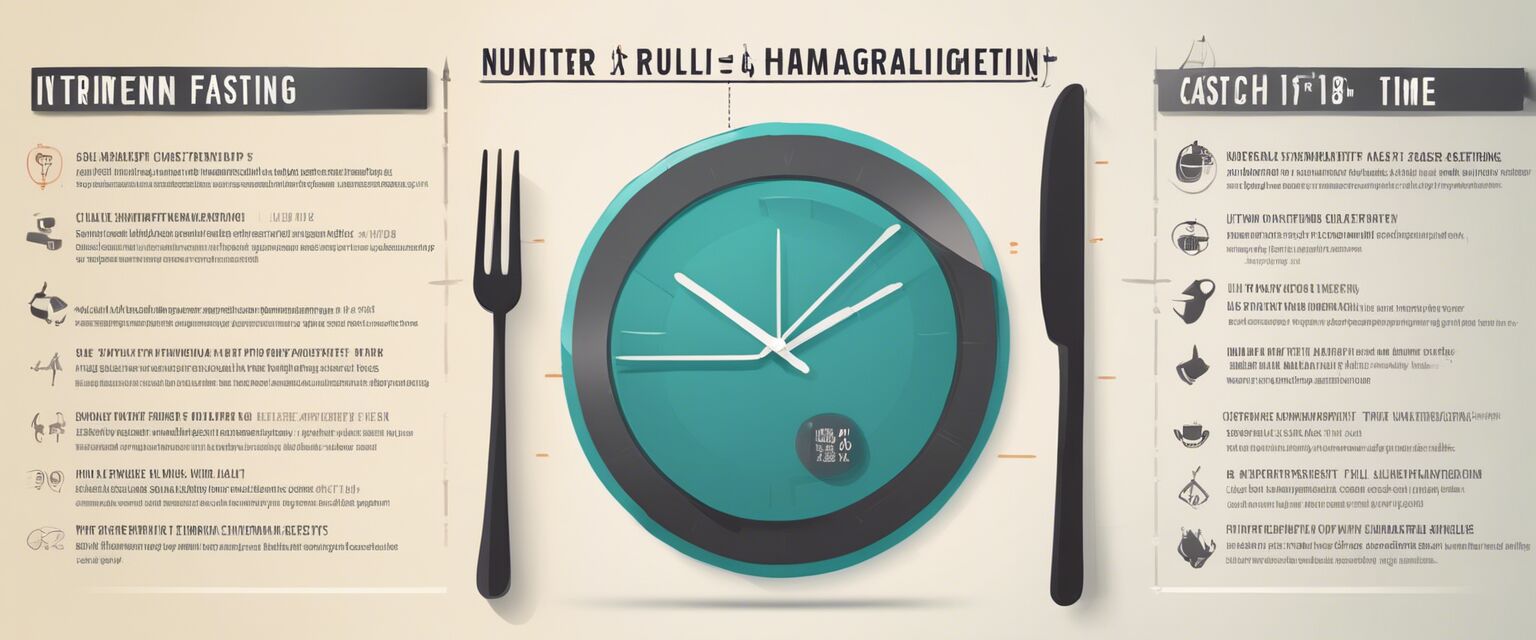
Scientific Research on Intermittent Fasting
Intermittent fasting has gained enormous popularity in recent years as a viable method for improving health and managing weight. This article compiles and analyzes various scientific studies on intermittent fasting, providing insights into its effects on the human body and overall well-being.
Key Takeaways
- Intermittent fasting can be categorized into various methods, including the 16/8 method and alternate-day fasting.
- Research shows potential benefits for metabolic health and cellular repair.
- Some studies indicate improvements in weight loss and body composition.
- Intermittent fasting may influence distinct biochemical pathways, impacting longevity and health span.
- While promising, individual results may vary based on lifestyle, genetics, and adherence.
Understanding Intermittent Fasting
Intermittent fasting (IF) refers to the practice of cycling between periods of eating and fasting. It doesnât specify which foods to eat but rather when you should eat them. Popular formats include:
- 16/8 Method: Fasting for 16 hours and eating during an 8-hour window.
- 5:2 Diet: Eating normally for 5 days and restricting calories to about 500-600 for 2 days of the week.
- Alternate-Day Fasting: Alternating between fasting days and non-fasting days.
Scientific Findings on Intermittent Fasting
1. Metabolic Effects
Research indicates that intermittent fasting can positively affect metabolic health. The following table summarizes key research findings related to metabolism.
| Study | Findings |
|---|---|
| Longo & Mattson (2014) | Intermittent fasting enhances insulin sensitivity and reduces insulin levels. |
| Varady (2011) | Improvement in fat mass and body composition with alternate-day fasting. |
| Horne et al. (2015) | Fasting improved fasting glucose levels and decreased body weight. |
2. Cellular Repair and Longevity
Fasting has been shown to promote autophagy, a process where cells remove damaged components, which is critical for cellular maintenance.

Potential Benefits of Intermittent Fasting
The potential benefits derived from intermittent fasting extend beyond weight loss. Some of these are:
- Enhanced brain function and cognitive ability.
- Reduced inflammation levels in the body.
- Better heart health through improved blood pressure and cholesterol levels.
Pros and Cons of Intermittent Fasting
Pros
- Simple to follow with no calorie counting.
- May reduce body fat while preserving muscle mass.
- Potentially lowers the risk of chronic diseases.
Cons
- May not suit everyone, especially those with certain medical conditions.
- Initial discomfort such as hunger pangs or low energy levels.
- Risk of binge eating during non-fasting periods.
Expert Opinions on Fasting
Experts have various takes on intermittent fasting. Some suggest it might be a useful strategy for weight loss, while others caution against its application without supervision.
Read more expert advice on intermittent fasting.Fasting Plans and Nutrition
Nutrition plays a vital role in fasting. Selecting appropriate foods within eating windows can amplify results. Hereâs a brief overview of recommended fasting plans:
| Fasting Plan | Eating Window | Caloric Intake |
|---|---|---|
| 16/8 Method | 8 hours (e.g., 12 PM - 8 PM) | Regular meals |
| 5:2 Diet | Normal all week, restricted to 500-600 calories on 2 days | Caloric restriction on fasting days |
| Alternate-Day Fasting | 24 hours of fasting, 24 hours of eating | Regular meals on eating days |

Conclusion
Intermittent fasting offers numerous potential benefits, largely based on scientific findings. However, it's essential to approach it with care and personal consideration. For those interested in learning more about fasting plans, consider exploring our fasting plans and nutrition guides.
Tips for Beginners
- Start slowly. Gradually increase fasting periods to allow your body to adjust.
- Stay hydrated during fasting windows to aid in hunger management.
- Focus on nutrient-rich foods when you eat to maximize benefits.
Further Reading
If you're interested in personal success stories related to intermittent fasting, check out our success stories section.






